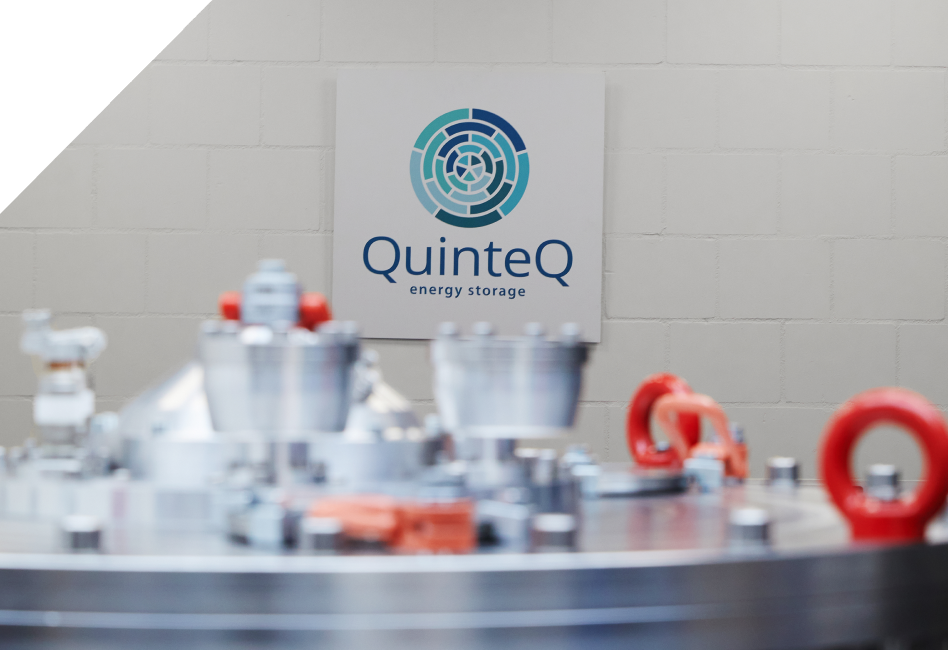Paul is explaining to a collected audience including Focco Vijselaar, Director General for Enterprise and Innovation at the Ministry of Economic Affairs and Climate Policy how grid congestion is not only an energy and climate challenge but in essence is an economic problem which is hampering economic growth and stability. In order to solve this, we need to create so-called ‘energy liquidity’ in the market where local energy options and choices are created for companies and industrial parks to continue to grow while reducing their carbon footprint. Paul is proposing the vision of introducing a so-called “Flex Scan” to help companies and industries analyze their congestion issues and come up with alternatives to resolve these issues. In the end, this will provide tremendous insights and granular data on what the real pain points are and how these can be turned into gains. How we can grow economically while reducing our carbon footprint at the same time.
Paul is speaking on behalf of a large group of renowned players and stakeholders in the Dutch energy storage space who have come together to discuss and design solutions to advance energy storage in the Netherlands and Europe. QuinteQ is honored to be part of this conversation and glad we could add our 2cts on the challenges and solutions necessary to move the energy transition forward. The conversation focused on 4 different tracks where Energy Storage can advance:
- Grids & Regulation
- Electric Mobility & Integration in the Grid
- Built Environment, and
- Industrial Electrification.
The 4 working groups have delivered a Call to Action which can serve as guidance and inspiration for the larger European Roundtables sessions which will be held in the Netherlands in October.
If you are looking for more detail, please see the link below for the full European Roundtable closing session:


